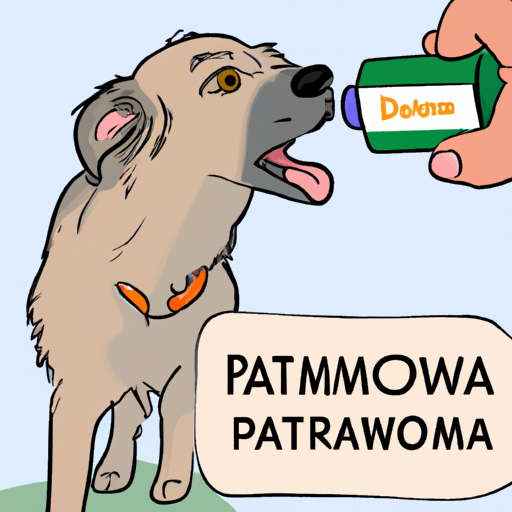Introduction
You, as a caregiver, may have heard about Pyrantel Pamoate for dogs, but might be unsure about what it is and when to use it. Pyrantel Pamoate is a widely used deworming medication that is safe and effective for treating several types of intestinal parasites in dogs. Let’s delve into the details and understand it better.
What is Pyrantel Pamoate?
Pyrantel Pamoate is an anthelmintic, or deworming medication, that works by paralyzing the nervous system of certain parasites. This paralysis prevents the parasites from attaching to your dog’s intestinal lining and they are eventually expelled from the body.
When to Use Pyrantel Pamoate?
Your dog may require Pyrantel Pamoate in the following situations:
- Routine deworming
- As part of the treatment protocol for a confirmed parasitic infection.
Puppies usually receive their first dose around 2-3 weeks of age and continue at regular intervals to ensure they remain parasite-free.
Side Effects and Precautions
While Pyrantel Pamoate is typically safe for most dogs, it may cause some side effects:
- Vomiting
- Diarrhea
- Loss of Appetite
If your dog shows any of these symptoms, it’s best to seek veterinary consultation immediately.
Dosage and Administration
The dosage of Pyrantel Pamoate depends on the weight of your dog. The general guideline is:
| Weight of Dog | Dosage |
|---|---|
| Up to 10 lbs | 0.5 ml |
| 11-20 lbs | 1.0 ml |
| 21-30 lbs | 1.5 ml |
| 31-40 lbs | 2.0 ml |
This medication is typically administered orally. Always follow your veterinarian’s instructions for dosage and administration.
Frequently Asked Questions
Q: Can I use Pyrantel Pamoate for other pets?
A: While it’s primarily used for dogs, it can be used for other pets. Always consult a vet before use.
Q: Can I skip the dose if my dog is not showing any symptoms?
A: No, it’s crucial to follow the treatment plan even if your dog seems healthy.
Q: What happens if I miss giving a dose to my dog?
A: If you miss a dose, give it as soon as you remember. But never double the dose.
Remember, as a caregiver, your dog’s health is in your hands. Make informed decisions and when in doubt, always consult with a veterinarian.



